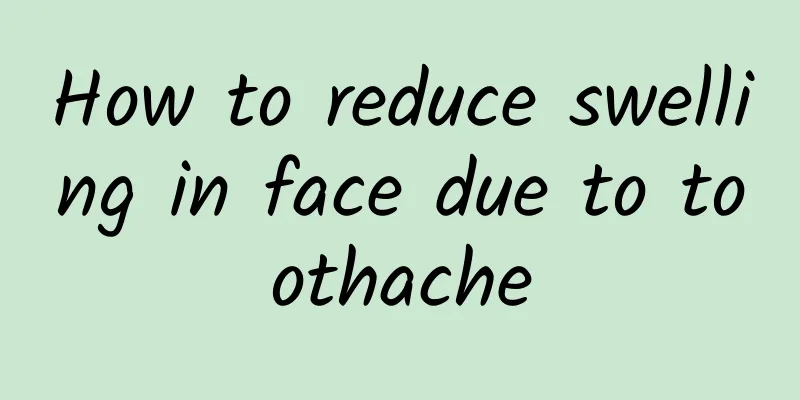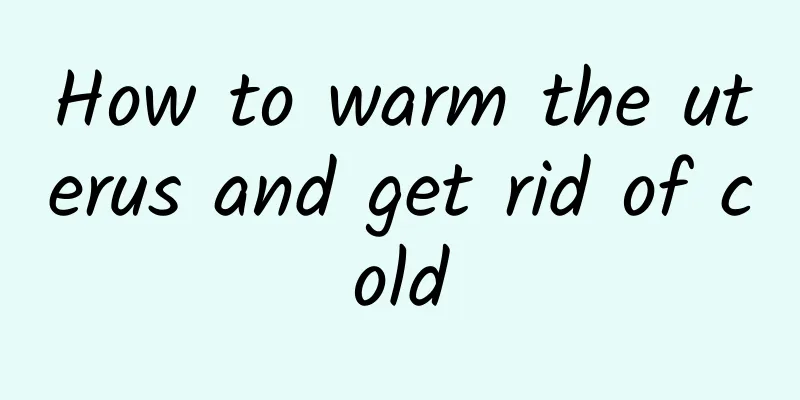Chinese medicine cannot be taken casually, let's talk about the taboos of taking Chinese medicine

|
The development of traditional Chinese medicine has a history of thousands of years, and traditional Chinese medicine treats both the symptoms and the root causes of diseases. Western medicine only treats the symptoms and not the root cause. Therefore, for some diseases, treatment through traditional Chinese medicine can achieve a complete cure. However, when receiving traditional Chinese medicine treatment, you must pay attention to the contraindications of taking Chinese medicine. Because we pay attention to the taboos of taking Chinese medicine, we can make the medicine exert its medicinal effects. Because sometimes if you are taking Chinese medicine and don’t pay attention to which foods may have a counter-effect on the medicine, the medicine will lose its effectiveness. This will affect the effectiveness of the treatment. The following are the dietary taboos regarding taking Chinese medicine that we would like to introduce to you. It is not advisable to eat raw radish when taking Chinese medicine (except for taking qi-regulating and phlegm-resolving medicines), because radish has the effects of helping food and breaking up qi. Especially when taking tonic Chinese medicines such as ginseng and astragalus, eating radish will weaken the tonic effects of ginseng, reduce the efficacy of the medicine and fail to achieve the therapeutic purpose. Raw and cold foods are mostly cold in nature and difficult to digest. Raw and cold foods can also easily irritate the gastrointestinal tract and affect the gastrointestinal absorption of drugs. Therefore, when taking Chinese medicine to treat "cold symptoms", such as medicines for warming the meridians and unblocking the collaterals, dispelling cold and dampness, or medicines for strengthening the spleen and warming the stomach, you must not avoid raw and cold foods. Generally, do not drink strong tea when taking Chinese medicine, because tea contains tannic acid. Strong tea contains more tannic acid. When taken with Chinese medicine, it will affect the body's absorption of the active ingredients in the medicine and reduce its efficacy. Especially when taking "ejiao" and "tremella", avoid taking them with tea. Taking them at the same time will cause the tannic acid, bioalkali, etc. in the tea to precipitate, affecting the body's absorption. If you have the habit of drinking tea, you can drink a little green tea, and it is best to drink it 2 to 3 hours after taking the medicine. Hot and spicy foods are mostly warm in nature, and they consume qi and stimulate fire. If you are taking Chinese medicine for clearing away heat and eliminating toxins, nourishing yin and increasing fluid, cooling blood and nourishing yin, or during the treatment of febrile diseases such as carbuncles, ulcers and toxins, you should avoid spicy food. Spicy and hot foods such as onions, garlic, pepper, mutton, and dog meat, if consumed, will offset the effects of traditional Chinese medicine. Some may even induce inflammation, damage the yin and cause bleeding. Greasy foods are sticky, promote dampness and phlegm, cause loose bowels and stagnant gas, and are difficult to digest and absorb. Moreover, mixing greasy foods with medicines can hinder the gastrointestinal absorption of the active ingredients of the medicines, thereby reducing the efficacy. If you eat greasy food while taking Chinese medicine, it will inevitably affect the absorption of the medicine. Therefore, patients with heavy phlegm and dampness, weak spleen and stomach, indigestion, hypertension, coronary heart disease, hyperlipidemia, high blood viscosity and obesity must avoid eating greasy foods such as animal fats. Generally, Chinese medicines have aromatic smells, especially aromatic dehumidifying and aromatic qi-regulating medicines, which contain a large amount of volatile oils to exert their therapeutic effects. These aromatic substances are most incompatible with fishy smells. If you do not avoid fishy smell when taking Chinese medicine, it will often affect the efficacy of the medicine. Such as the fishy smell of fish, shrimp, and seafood, and the mutton smell of cattle and mutton. Patients with allergic dermatitis such as allergic asthma, allergic rhinitis, boils, eczema, urticaria, etc. must avoid eating fishy foods while taking Chinese medicine. They should also eat less fishy, spicy and irritating foods such as chicken, lamb, pork head, crab, and goose meat. Because these foods contain foreign proteins, some patients are particularly sensitive and prone to allergies, which aggravates their condition. Using traditional Chinese medicine to treat diseases can not only cure the symptoms but also the root cause, and Chinese medicine has few side effects and is a relatively environmentally friendly medicine. However, when taking Chinese medicine, you must also pay attention to the contraindications of taking Chinese medicine, especially the dietary taboos. Otherwise, it will affect the efficacy of the medicine and cause adverse reactions to the body. |
<<: What is Pre-pregnancy Chinese Medicine Conditioning
Recommend
The best prescription for Lingzhi
Wild Ganoderma lucidum is a very good Chinese her...
Weekly changes in pregnancy
After pregnancy, the most obvious change in a wom...
Symptoms of hysteria
Diseases are very common in life, and drugs are t...
What are nasal polyps
Nasal polyps are a common oral disease and also a...
What is liver fire?
Everyone may encounter the situation of excessive...
Early symptoms of AIDS
In our lives, we often encounter public service a...
What is the cause of the foreskin crack?
The glans is the male reproductive organ, and the...
Will scalloped tongue heal on its own?
Tooth-marked tongue refers to the edge of the ton...
How to treat breast discharge
Some people think that breast discharge is a mino...
Side effects of Baishouwu
The side effects of Baishouwu are unfamiliar to m...
Newborn baby care, four taboos to remember
When caring for a newborn baby, since the baby is...
How to treat uterine coldness, qi stagnation and blood stasis
Many female friends will face the problem of uter...
What to eat for acne
Acne is very common. The treatment of acne is mai...
Does erythematous gastritis mean inflammation in the stomach?
Stomach disease is an old problem for most people...
What should I do after taking ceftriaxone and drinking alcohol?
Cephalexin is a common anti-inflammatory drug in ...









